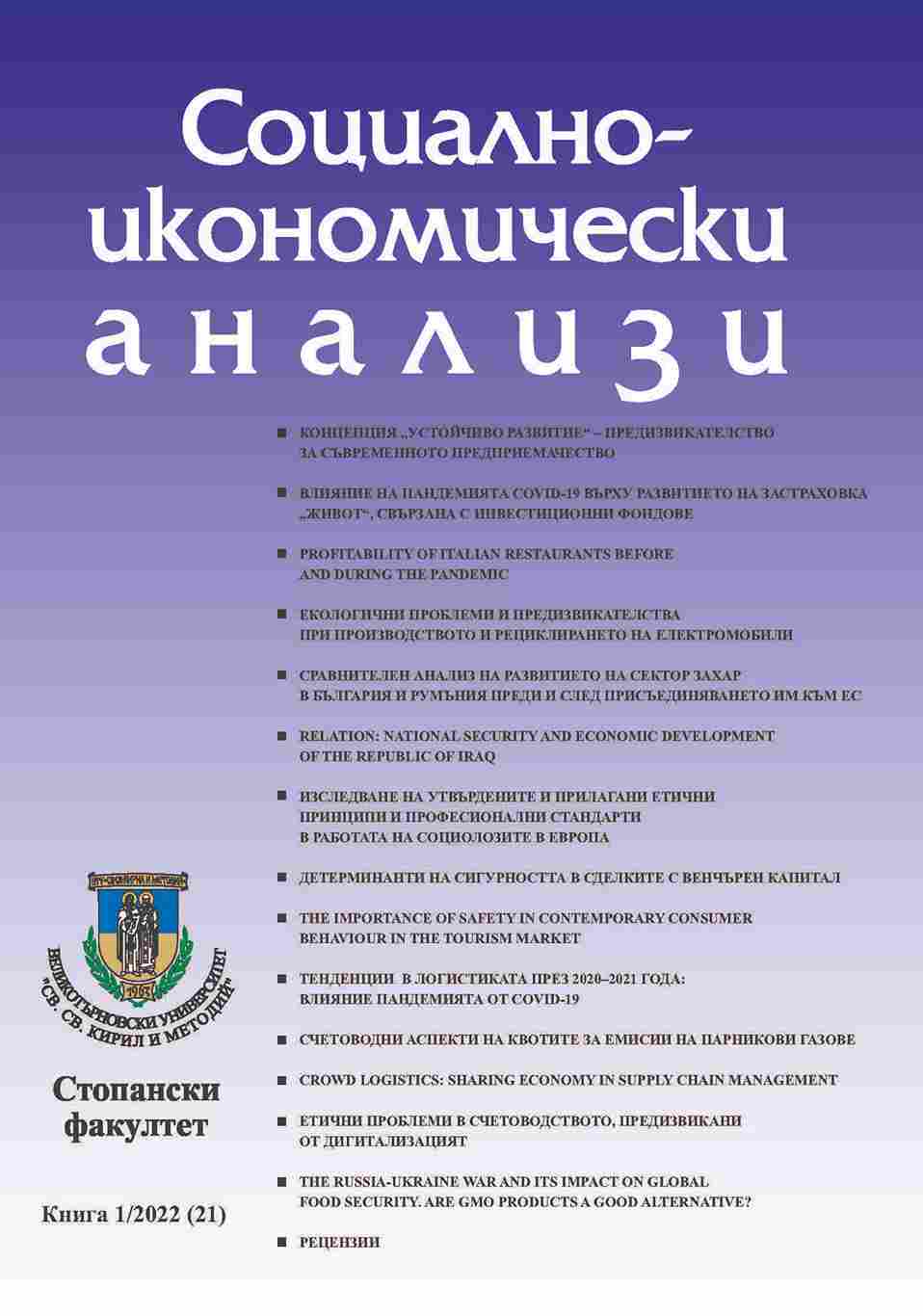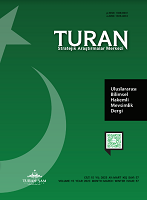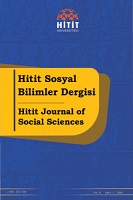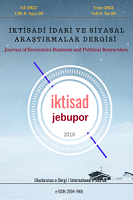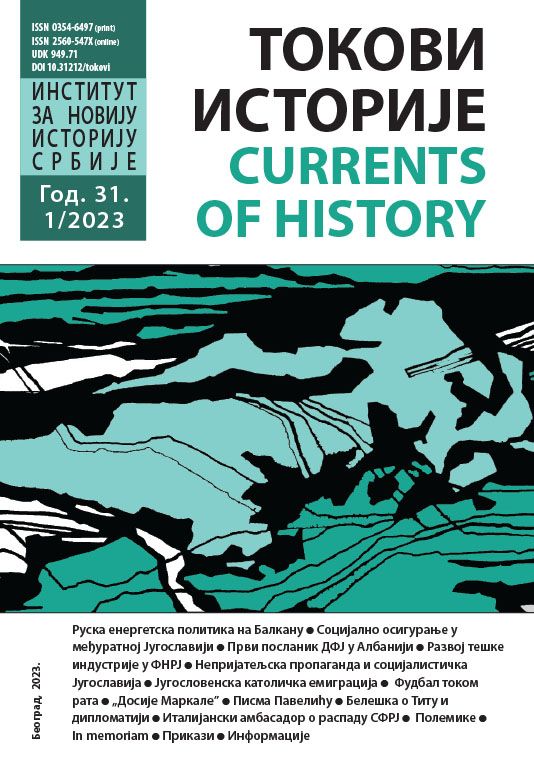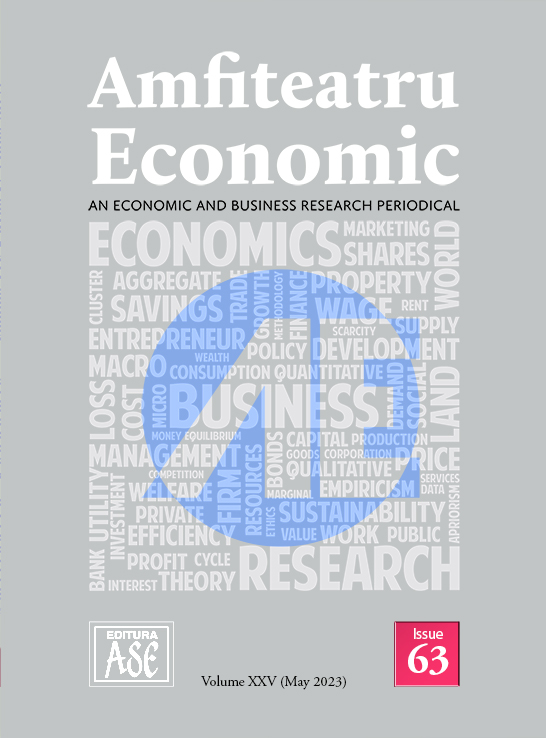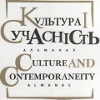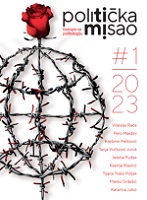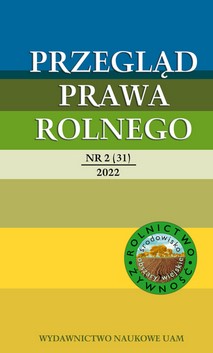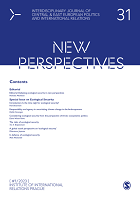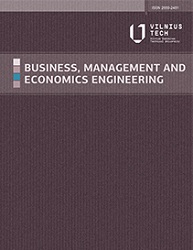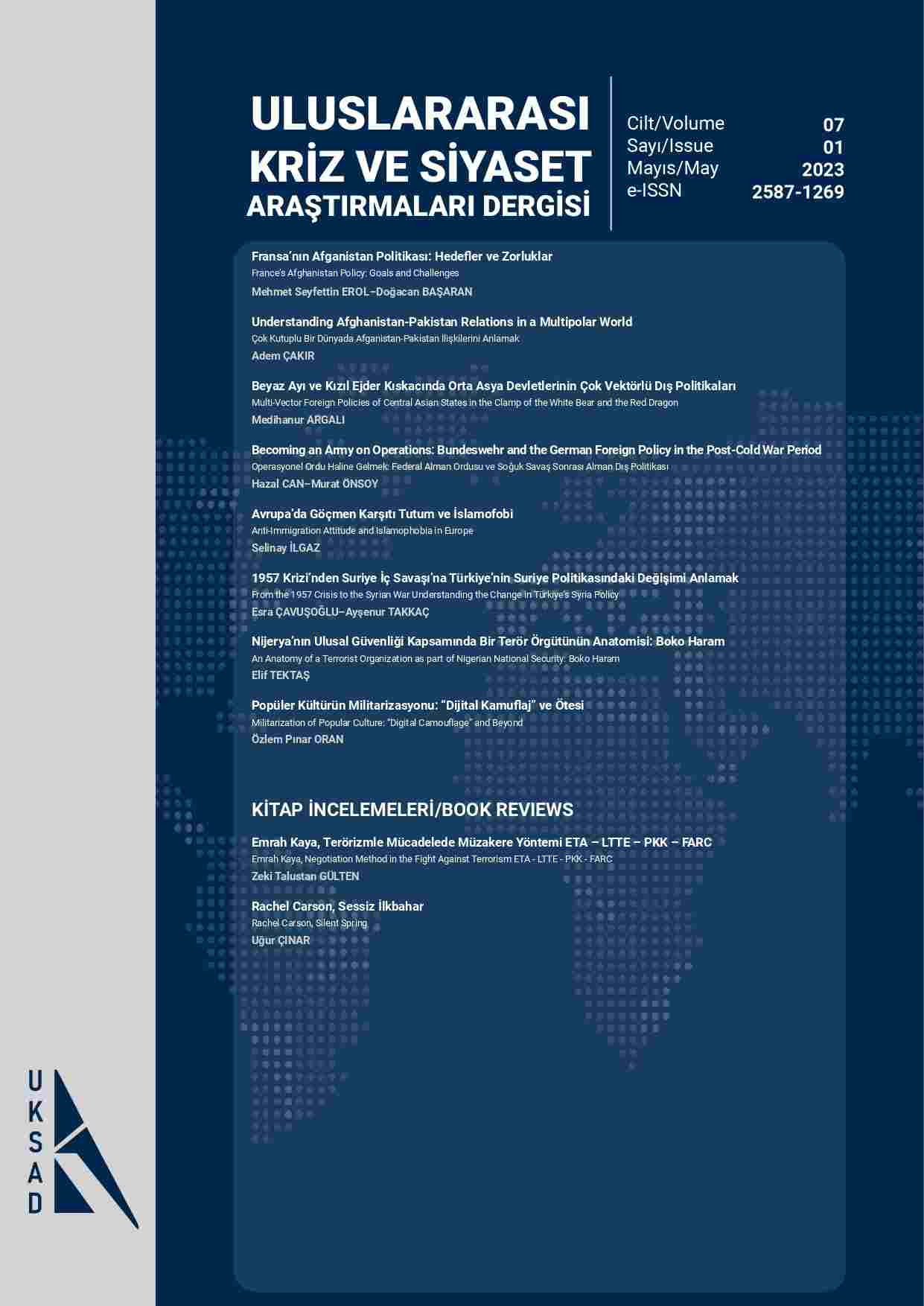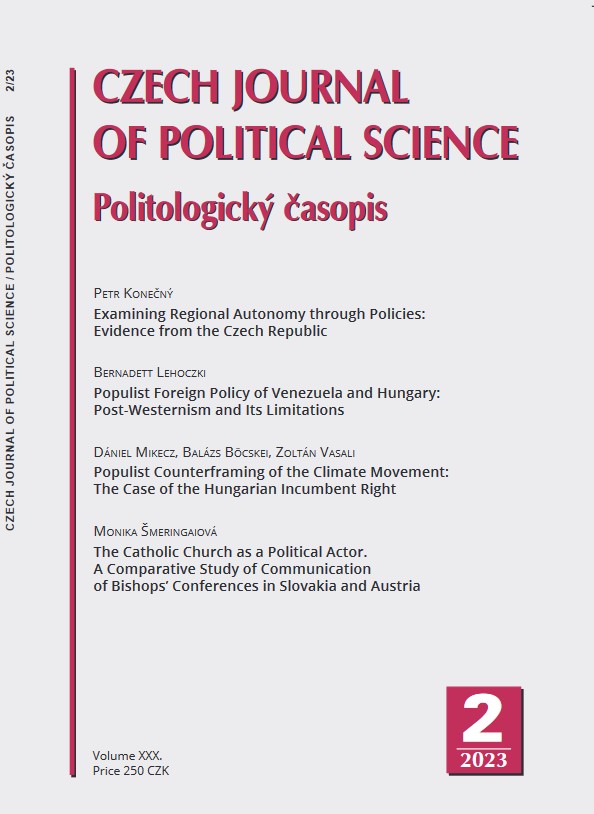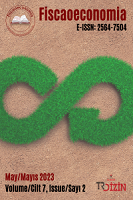Author(s): Mehmet ASLAN / Language(s): English
Issue: 2/2023
The effects of globalization and economic growth on environmental pollution are still a matter of debate among researchers. In the study, Turkey, which has developed its economic cooperations and trade relations with other countries and become globalized after World War II, which defined export-oriented growth as its target, and which has a carbon-dense economy, is being handled. In the study, the effects of the variables of globalization, primary energy consumption, trade openness, urbanization and economic growth on environmental pollution (CO2) are tested econometrically, by using annual data of Turkey between 1970-2020. During testing the relations between variables, ARDL method has been used. According to the results, both short-run and long-run relations have been observed between variables, and coefficients have been found statistically significant. It is resulted in the model that independent variables of energy consumption, urbanization and economic growth increase the dependent variable-environmental pollution. Toda- Yamamoto causality test has been applied which is preferred at most in situations that ARDL method is practiced. According to the causality test results, between trade openness, pollution, and globalization two-way causality relationship is discovered whereas from environmental pollution towards economic growth and urbanization, from energy consumption and trade openness towards urbanization, from economic growth towards trade openness one-way causality relationship is observed. In this context, suggestions are made to policy makers in order to find solutions and take cautions for environmental pollution which has a great importance both for natural and economic life.
More...
